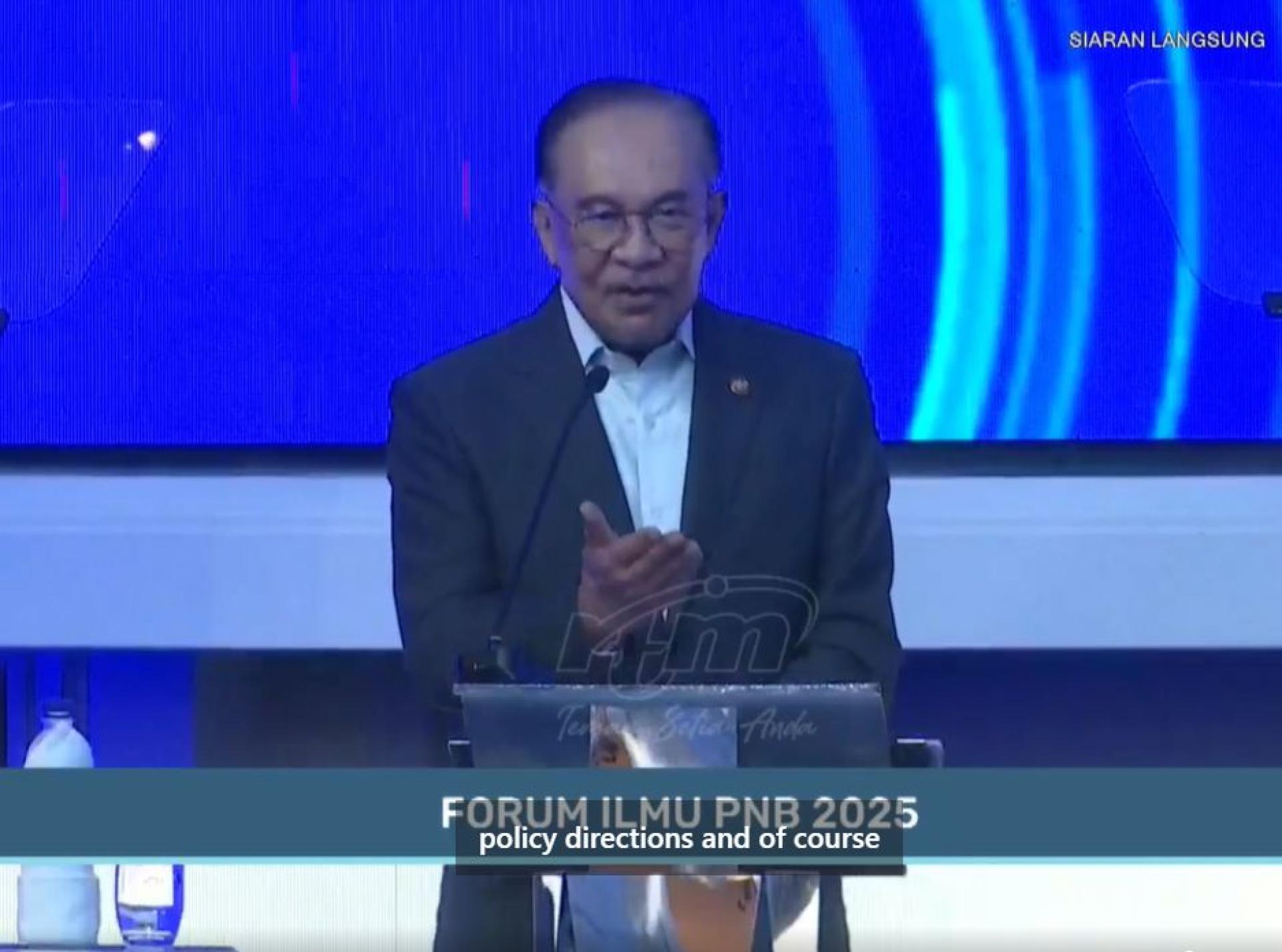Prime Minister Datuk Seri Anwar said that, for now, Russia has only officially confirmed that its Deputy Prime Minister will attend the upcoming 47th ASEAN Summit.
Anwar pointed out that earlier, during his meeting with Russian President Putin in Beijing, Putin had expressed an intention to attend the summit, but a final confirmation has yet to be made.
"We have already sent him an invitation. He told me in Beijing that he would seriously consider it, but for now he is sending the Deputy Prime Minister. We will know today whether he will ultimately come or not.
"I think the likelihood of his attendance is not high at this moment, but he did express an intention to come. We'll wait and see. But officially, only the Deputy Prime Minister will be attending for now."
Anwar, who is also the Finance Minister, said this to reporters this morning after attending the 2025 National Investment Institution (PNB) Knowledge Forum event.
The 47th ASEAN Summit will be held in Kuala Lumpur from the 26th to 28th of this month, and will welcome leaders from the ten ASEAN member countries, as well as leading dialogue partners including the United States, China, Japan, and India.
This year’s summit is expected to be the largest since the first meeting in 1976.
On another note, in his speech at the event, Anwar reiterated that good governance, fiscal discipline, and education play key roles in restructuring the economy, driving growth, and narrowing the wealth gap.
Recalling the challenges faced by the Unity Government in its first year in office, he said: "We really struggled in the first year because we inherited a huge debt and had to implement new policies to restructure the economy."
He emphasized that economic growth should not come at the expense of social justice and integrity, and that true progress should be built upon the foundation of honesty, justice, and compassion.
Anwar also said that through stricter law enforcement, the government has successfully recovered RM15.5 billion from anti-corruption efforts, fighting smuggling, and plugging loopholes. He added that the next phase of reforms will continue to focus on good governance, accountability, and equitable development to ensure the country’s transformation is both sustainable and inclusive.
